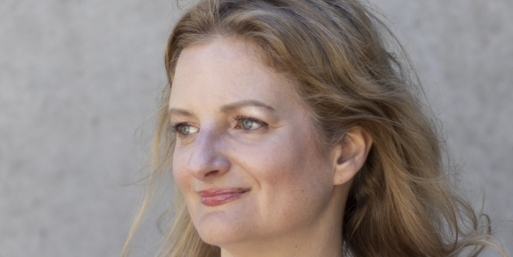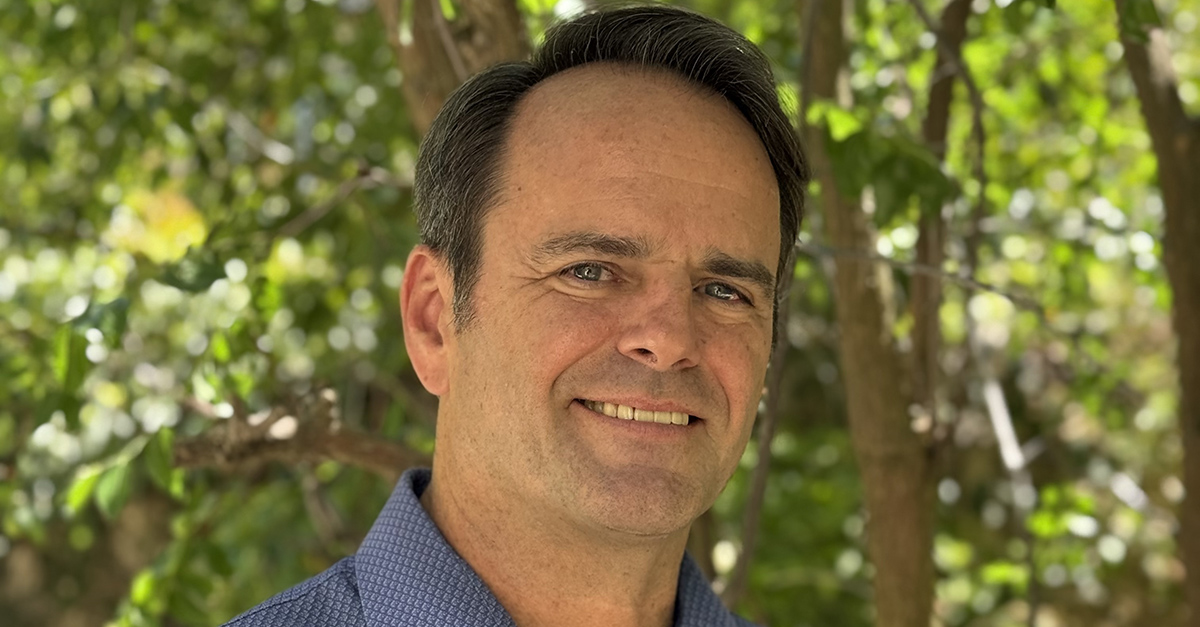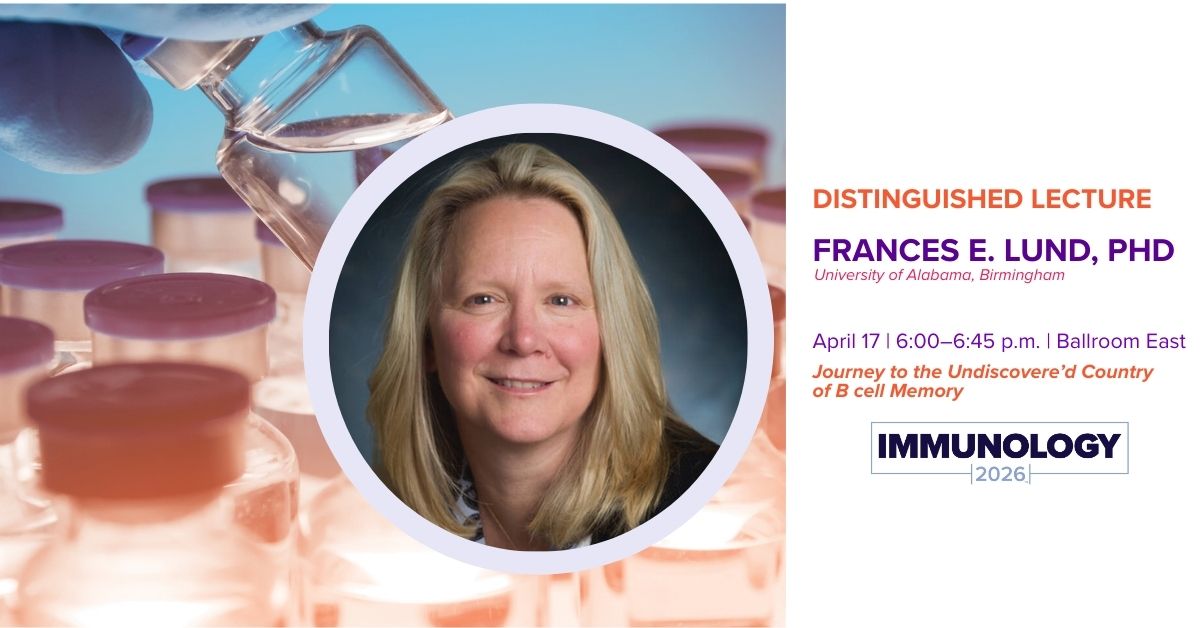
On January 16, AAI announced the 19 inductees in the 2025 class of Distinguished Fellows of AAI. This honor recognizes long-term members who have provided service to AAI and excelled in research, leadership, or education within the field of Immunology. Since 2019, the award has been bestowed upon 169 immunologists, including past presidents and EICs, renowned researchers and mentors, and tireless science communicators.
We spoke with one of this year’s Distinguished Fellows, Jen Gommerman, Ph.D., professor and chair of the Department of Immunology at the University of Toronto. Dr. Gommerman joined AAI in 1998 and is a Canada Research Chair in Tissue Specific Immunity.
What does being named a Distinguished Fellow of AAI mean to you?
This designation came as a complete surprise to me! I am thrilled to be included among other accomplished Immunologists as part of the class of 2025. I am proud to be part of the AAI community – it has been an important means of support and fellowship over the years, and the annual meeting is where amazing Immunology discoveries are revealed. AAI has been instrumental in my development as a scientist.
What area of your service to AAI and the field has been most fulfilling to you?
My service to AAI began on the abstract committee where I reviewed trainee abstracts in the “Inflammation” category with Dr. Dan Campbell. This was a great way to learn about what trainees were doing in the field, and a chance to reward trainees with the opportunity to deliver an oral presentation of their work. Since then, I have helped in other capacities, including the program committee, the awards committee and serving as section and deputy editor for The JI. But reviewing abstracts is really where I cut my teeth in terms of AAI service.
What is your greatest hope for the field of immunology?
In their first immunology course that they encounter, I teach undergraduate students in second year that immunology is the most important course they will take. Throughout history, disease has shaped economies, politics, culture, and society. An understanding of the immune system is what provides us with the clues and tools to limit the damage of disease. My hope for the field of immunology is that we effectively convey our research to students and to society more broadly, so that the importance of Immunology research can be appreciated. In addition, I hope that Immunologists will continue to collaborate with each other. The mysteries of the immune system cannot be solved by one lab alone.
How could AAI better serve Canadian immunologists?
AAI already does serve Canadian immunologists by providing a forum for the CSI (not the TV show!) to hold a session at the annual meeting. Likewise, the CSI annual meeting hosts members of the AAI as visiting speakers. While Canada has its own distinct identity compared to our neighbours to the South, both AAI and CSI members are all scientists who experience the same struggles and triumphs. Perhaps we can compare notes on how to advocate our respective governments for increased support of Immunology research? Together we are stronger.




